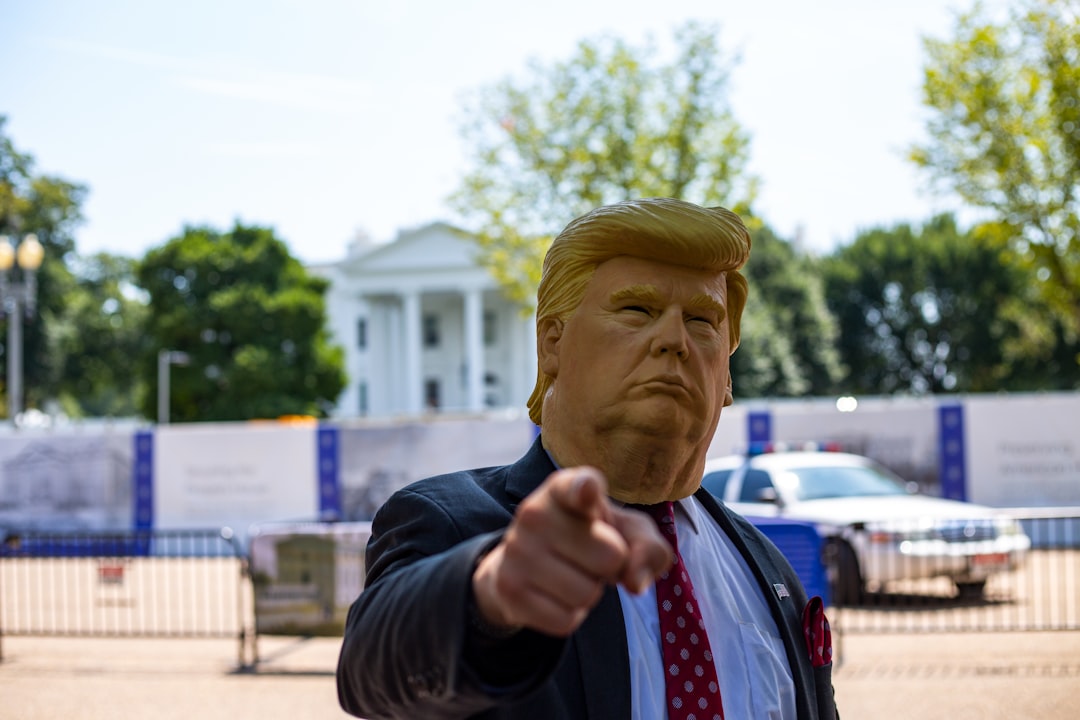
President Donald Trump signed a new executive order Monday aimed at reshoring pharmaceutical production and reducing U.S. dependence on imported drugs — a move that could reshape global supply chains and pressure major foreign pharma exporters.
? Key Changes Under the Executive Order:
FDA instructed to fast-track domestic plant approvals
EPA to accelerate construction permits for U.S. manufacturing facilities
Tariffs on imported pharmaceuticals may be introduced within two weeks
Trump labeled foreign drug imports a national security threat, citing over $200 billion in annual U.S. pharma imports. Countries most at risk include India, China, and EU member states — especially as many of their pharmaceutical giants rely heavily on U.S. demand.
Who’s Affected?
Major global players like Roche, Novartis (SIX:NOVN), Eli Lilly (NYSE:LLY), and Johnson & Johnson (NYSE:JNJ) are already increasing U.S.-based production to hedge against these potential tariffs.
You can use the Individual Industry Classification to identify all listed companies in the pharmaceutical and medical device sectors.
To further understand which firms are most exposed to U.S. sales, the Revenue Product Segmentation API helps dissect product-level revenue breakdowns — especially important if certain drug lines are produced overseas.
Bottom Line:If enforced, these tariffs could reshape the global pharma landscape — accelerating investment in U.S. manufacturing while straining international supply chains.

